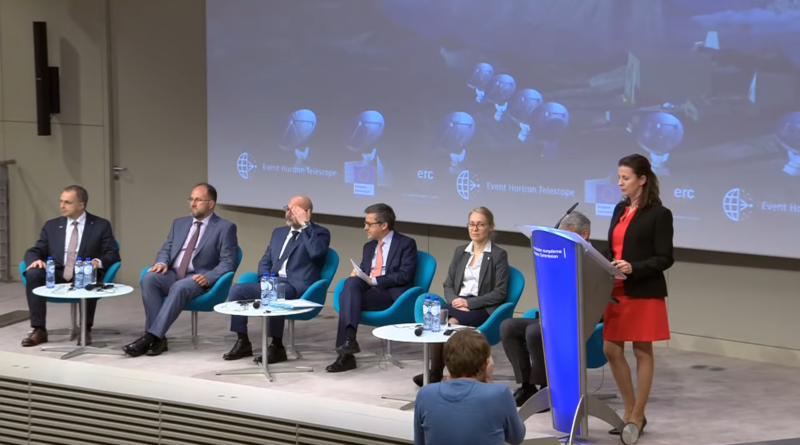What makes a good communication, dissemination and exploitation plan of a research project? Part 2 – Dissemination
As explained in part 1 of this article, we explained what make a good communication plan in a research project. In this part, we will present what make a good dissemination plan.
If you have a doubt about the difference between communication and dissemination, read this article.
The dissemination plan aims to make sure scientific results created during the project are being published and disseminated among the research community. To do so, various means can be used and should be defined at the very beginning of the project. Below the list of the most important actions your dissemination plan should include:
- Publication of scientific articles: Scientific articles are the cornerstone of dissemination. Obviously, the amount of articles published will depend on the amount of research activities performed during the project and on the field of research. Try to be ambitious but realistic. Benefits are triple, as this will benefit the career of the scientists, the reputation of the organization and the impact of the project.
- Oral presentations: Presenting the results of your research activity during a congress can also have a significant impact. Target the appropriate conferences according to topic, target and outreach. With a high quality content, aim to attend the most important ones in the field. Try to make your presentations more visual by incorporating graphs, charts and infographics.
- Presentation of posters: Poster are usually easier to create and publish than oral presentations or articles. Nevertheless, the same rules apply regarding where posters will be published. Select the most appropriate events where you will maximize the impact and make sure you will reach the largest and most appropriate audience. For posters, the support of a designer can significantly improve the aspect and thus the understanding. Often, the information is not well organized or badly represented. Diagrams are a good way to simplify the information visualization.
- Patents: Being able to patent a process or a technology is a high-point in research. This points out that your research distinguishes itself from others, that it shows real excellence and a strong market potential. Patents are difficult to obtain but they are the best element to make sure the project will continue and lead to further tangible economic and scientific results.
- Organization of events: To convey a strong message and to make sure your audience receives it and understands it well, events with face-to-face discussions have a much stronger impact. They often allow you to establish long term relationships with future partners, customers or providers and to learn insightful information about the field. Although these events gather a relative small number of attendees, around 50-100 on average, the links established are strong. Furthermore, such events provide attractive content for your communication channels. Try to couple your event to a larger one such as conferences and fairs. The benefits will be mutual.
- Networking with other projects: To benefit from synergies with other researchers in the field, it is important and recommended to develop joint activities. There are often other projects developing fairly similar knowledge with whom certain synergies might appear. Although most of the work is confidential, common activities can be organizes such as public workshops or conferences that could reach a critical size much easier and thus have a far larger impact.
To conclude, put all these items in a synthetic and clear manner together in the work package description and excellence part to distinguish your proposal. Also, prepare the adequate budget. When executing these tasks, use the communication tools such as the logo and do not forget to mention the funding sources adequately!
By Maxence Viallon

